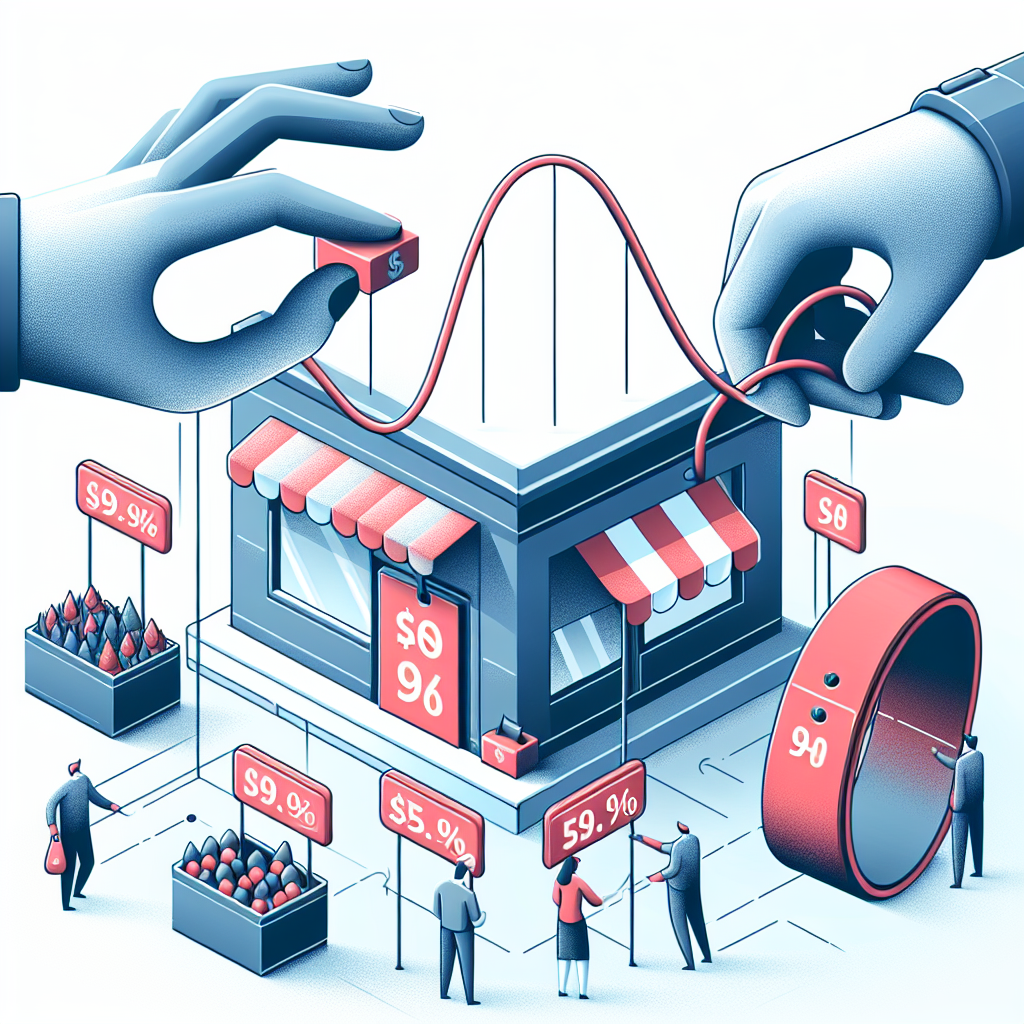Personalization at Scale: When Data Becomes Customer Intimacy
I was having dinner with Marcus, a longtime friend who recently became head of digital experience at a major retail chain. He described a moment that changed his perspective on customer relationships entirely. While reviewing quarterly analytics, Marcus discovered that their AI-driven personalization engine had identified a customer's pregnancy before she had announced it to family—based solely on subtle shifts in her purchasing patterns and browsing behavior. Rather than feeling intrusive, this customer later praised the brand for their thoughtful, relevant product suggestions during a sensitive time. Marcus realized they had crossed the threshold from mass marketing into true customer intimacy, scaled across millions of individual relationships simultaneously.
Introduction: The Data Revolution in Customer Experience
Personalization at scale represents the synthesis of big data analytics, artificial intelligence, and customer psychology applied to create individual experiences within mass market operations. This approach transforms anonymous transactions into meaningful relationships while maintaining operational efficiency across millions of customer touchpoints.
The concept extends far beyond traditional segmentation or demographic targeting. Modern personalization leverages behavioral patterns, predictive modeling, and real-time decision engines to deliver experiences that feel crafted for individual customers. McKinsey Global Institute research indicates that companies effectively implementing personalization at scale achieve 10-30% increases in revenue and customer engagement compared to generic approaches.
Today's personalization operates across three fundamental pillars that determine success or failure in creating relevant, scalable customer experiences. These pillars have evolved from simple content customization to sophisticated orchestration of entire customer journeys based on individual data profiles and behavioral intelligence.
1. Data Leverage for Messaging and Offer Relevance
The foundation of effective personalization lies in sophisticated data collection, analysis, and application systems that transform customer information into actionable insights.
Behavioral Intelligence Architecture
Advanced personalization systems capture and analyze customer interactions across multiple touchpoints, creating comprehensive behavioral profiles that extend beyond transaction history. These systems monitor website navigation patterns, content engagement, search queries, social media interactions, and purchase timing to develop nuanced understanding of individual preferences and intent signals.
Predictive Relevance Modeling
Machine learning algorithms analyze historical patterns to predict future customer behaviors, preferences, and needs. These predictive models enable proactive personalization that anticipates customer requirements rather than simply responding to explicit requests. Companies utilizing predictive personalization typically achieve 67% higher customer satisfaction scores and 43% increased purchase conversion rates compared to reactive approaches.
Dynamic Content Optimization
Real-time personalization engines adjust messaging, product recommendations, pricing displays, and promotional offers based on individual customer profiles and current context. This dynamic optimization extends across email campaigns, website experiences, mobile applications, and customer service interactions, creating consistent personalized experiences regardless of touchpoint.
2. Multi Channel Implementation Across CRM E commerce and Media
The second pillar focuses on deploying personalization consistently across all customer interaction channels while maintaining coherent brand experiences.
CRM Personalization Integration
Customer relationship management systems serve as the central hub for personalization data and decision-making. Advanced CRM platforms integrate customer service histories, purchase patterns, communication preferences, and engagement behaviors to inform personalized interactions across sales, marketing, and support functions. This integration ensures consistent personalized experiences whether customers interact through phone support, email campaigns, or digital self-service platforms.
E commerce Experience Customization
Online retail environments provide extensive opportunities for real-time personalization through product recommendations, dynamic pricing, customized navigation, and personalized search results. Sophisticated e-commerce personalization systems analyze browsing patterns, cart abandonment behaviors, and purchase histories to optimize every aspect of the digital shopping experience. Leading e-commerce platforms report 25-35% increases in average order values through effective personalization implementation.
Media and Content Personalization
Content marketing and advertising campaigns benefit significantly from personalization strategies that align messaging, creative elements, and channel selection with individual customer profiles. Personalized media campaigns utilize behavioral data to optimize ad targeting, content formats, messaging tone, and timing across digital advertising platforms, social media, and content marketing initiatives.
3. Technology Stack Requirements and Privacy Compliance
The third pillar addresses the technical infrastructure and regulatory considerations necessary for sustainable personalization at scale.
Integrated Technology Architecture
Effective personalization requires sophisticated technology stacks that integrate customer data platforms, analytics engines, machine learning algorithms, and real-time decision systems. These integrated architectures enable seamless data flow between systems while supporting real-time personalization decisions across multiple customer touchpoints simultaneously.
Privacy Compliance Framework
Modern personalization operates within increasingly complex privacy regulations including GDPR, CCPA, and emerging data protection laws. Successful personalization strategies implement privacy-by-design principles, transparent data collection practices, robust consent management systems, and comprehensive data governance frameworks that protect customer privacy while enabling relevant personalization.
Scalability and Performance Management
Personalization at scale demands technology solutions capable of processing massive data volumes while delivering real-time personalization decisions across millions of customer interactions. This requires cloud-based infrastructure, efficient algorithms, and performance monitoring systems that maintain response times and reliability as customer bases and data volumes grow exponentially.
Case Study: Amazon Prime Personalization Ecosystem
Amazon's personalization strategy exemplifies sophisticated multi-channel implementation across their entire ecosystem. Their recommendation engine analyzes customer browsing history, purchase patterns, search queries, and demographic information to personalize product suggestions, pricing displays, and promotional offers.
The system extends beyond product recommendations to personalize the entire shopping experience including homepage layouts, search result rankings, email campaigns, and Prime Video content suggestions. Amazon's algorithm considers factors such as seasonal patterns, trending products, inventory levels, and individual customer preferences to optimize each interaction.
Their personalization engine processes over 150 million customer interactions daily, generating recommendations that account for approximately 35% of total sales revenue. The system continuously learns from customer behaviors, adjusting recommendations in real-time based on recent activities and changing preferences.
Amazon's success demonstrates how comprehensive personalization creates value for both customers and businesses through improved experience relevance, increased purchase conversion rates, and enhanced customer loyalty. Their approach illustrates the potential of personalization at scale when supported by appropriate technology infrastructure and data analytics capabilities.
Conclusion: The Future of Individual Customer Relationships
Personalization at scale represents the evolution from mass marketing toward individual customer relationship management supported by artificial intelligence and big data analytics. This transformation enables businesses to maintain personal connections with customers while operating at previously impossible scales.
The future belongs to organizations that successfully balance personalization sophistication with privacy respect, creating customer experiences that feel individually crafted while maintaining operational efficiency. This balance requires strategic investment in technology infrastructure, data analytics capabilities, and privacy compliance frameworks.
Success in personalization at scale demands viewing customer data not as a targeting tool but as the foundation for genuine relationship building that creates mutual value for customers and businesses through relevant, respectful, and helpful experiences.
Call to Action
Business leaders seeking to implement personalization at scale should prioritize three critical areas: conduct comprehensive audits of current data collection and analysis capabilities, develop integrated technology architectures that support real-time personalization decisions, and establish robust privacy compliance frameworks that build customer trust while enabling relevant experiences. The competitive advantage belongs to organizations that treat personalization as a strategic customer relationship capability rather than a tactical marketing technique.
Featured Blogs
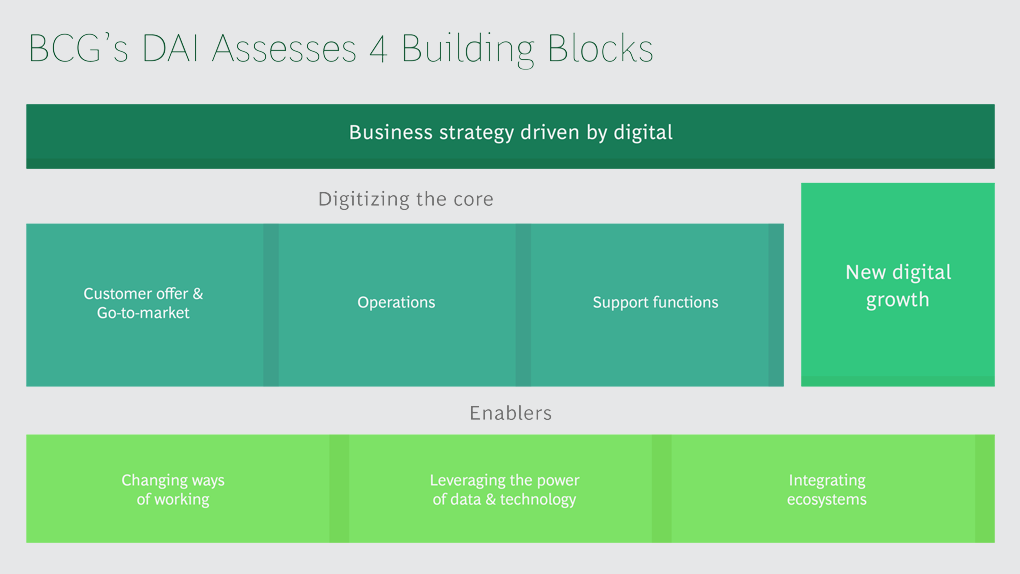
BCG Digital Acceleration Index
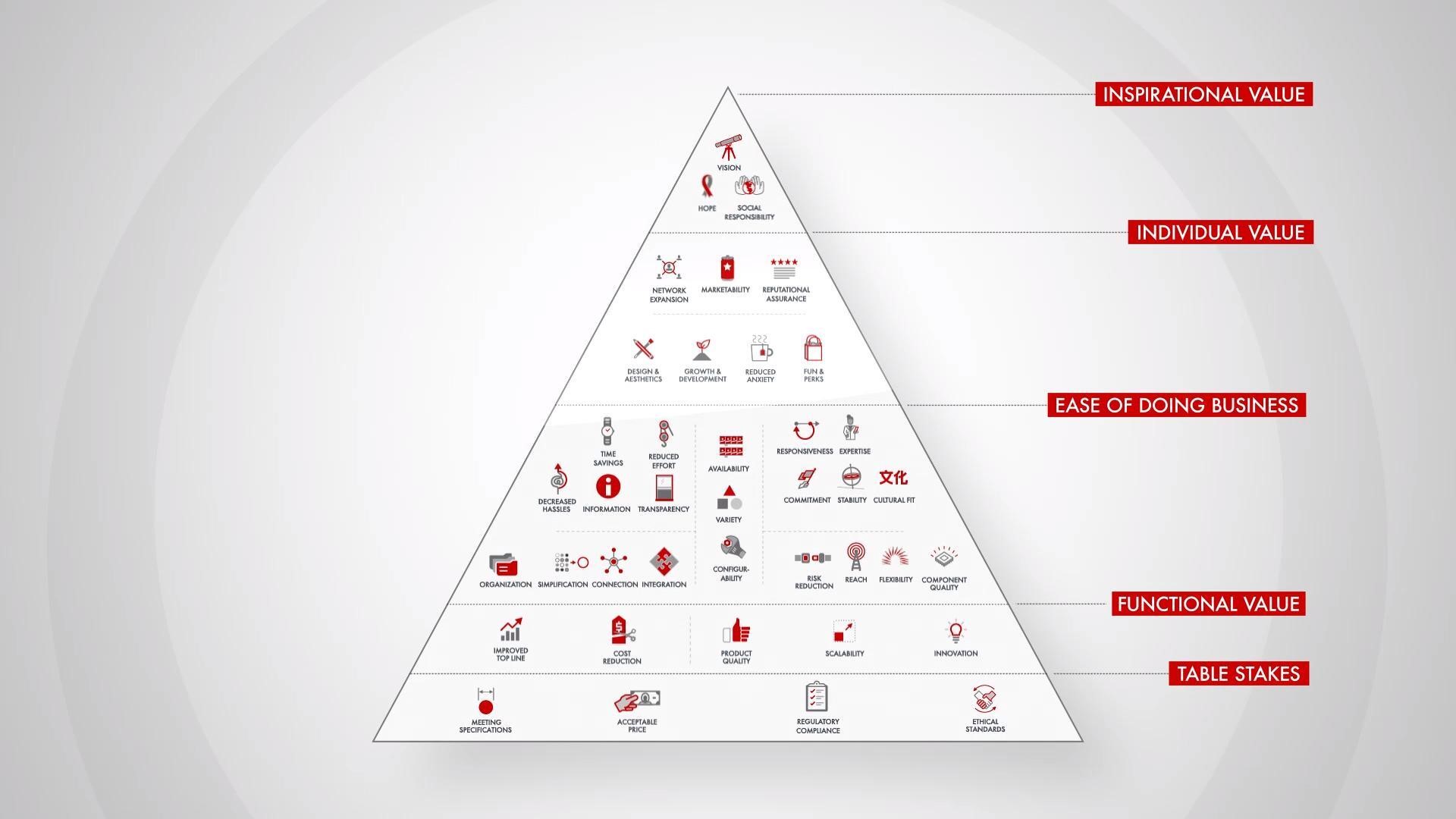
Bain’s Elements of Value Framework
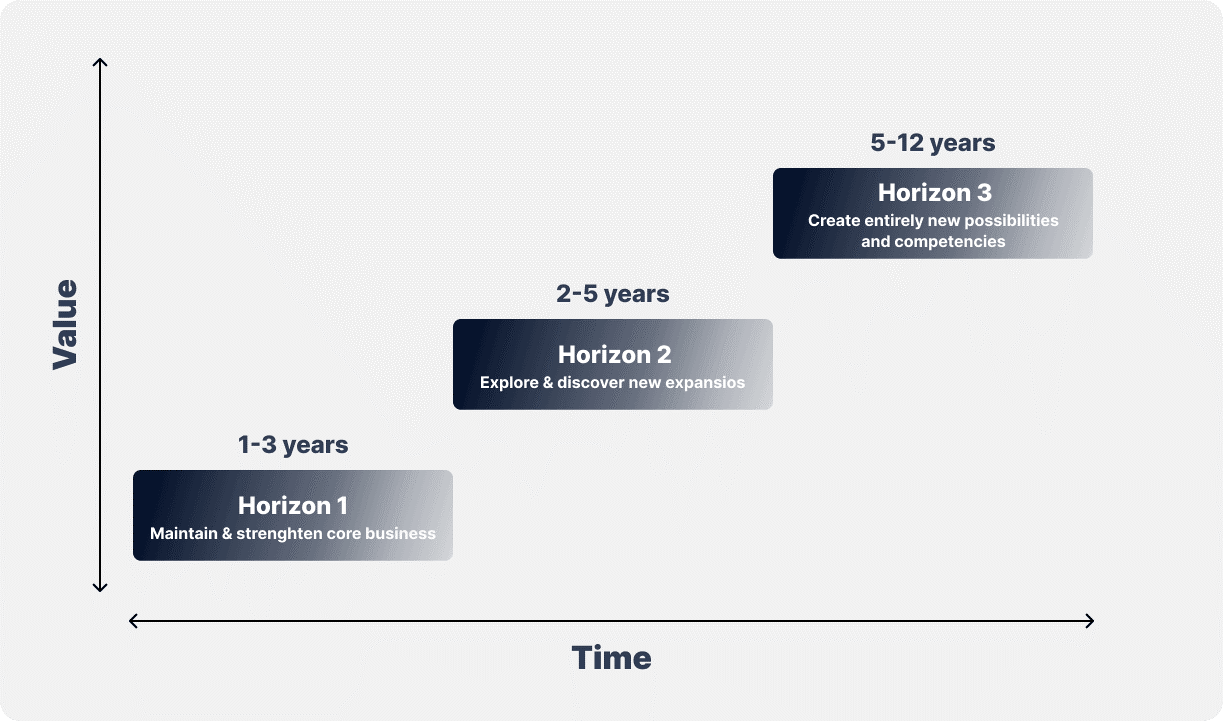
McKinsey Growth Pyramid
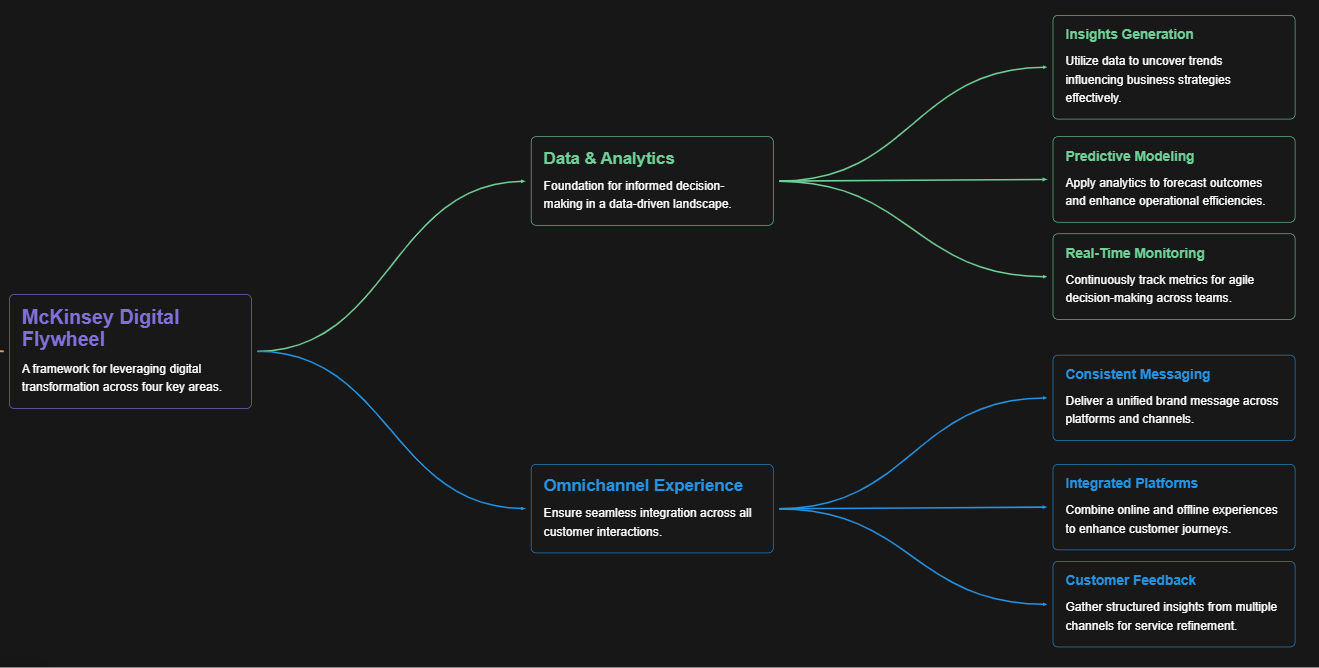
McKinsey Digital Flywheel
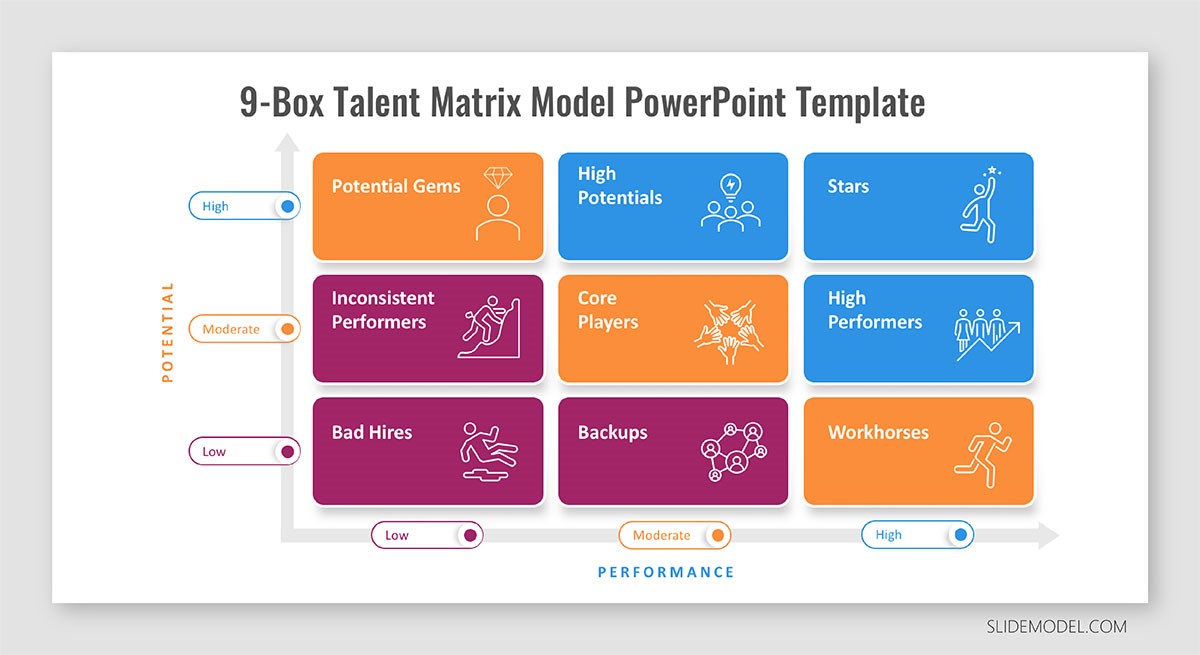
McKinsey 9-Box Talent Matrix
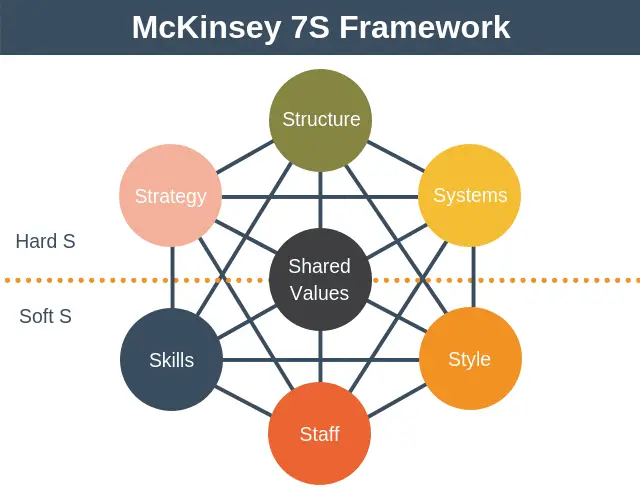
McKinsey 7S Framework
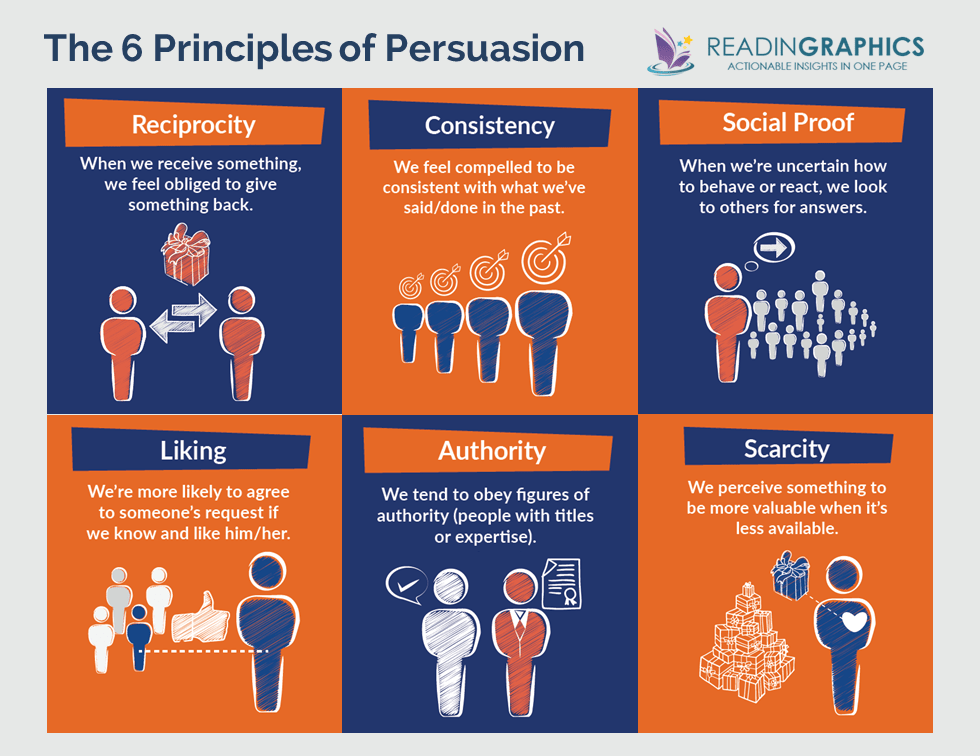
The Psychology of Persuasion in Marketing

The Influence of Colors on Branding and Marketing Psychology



